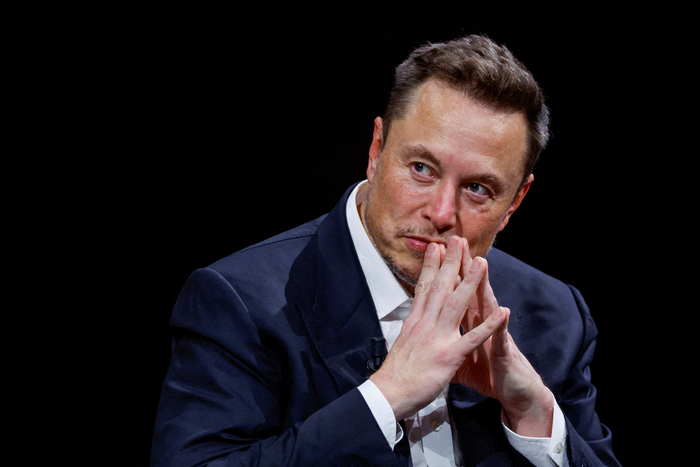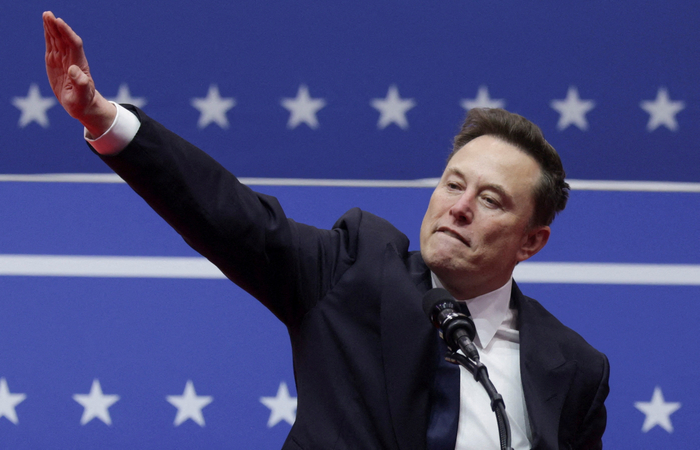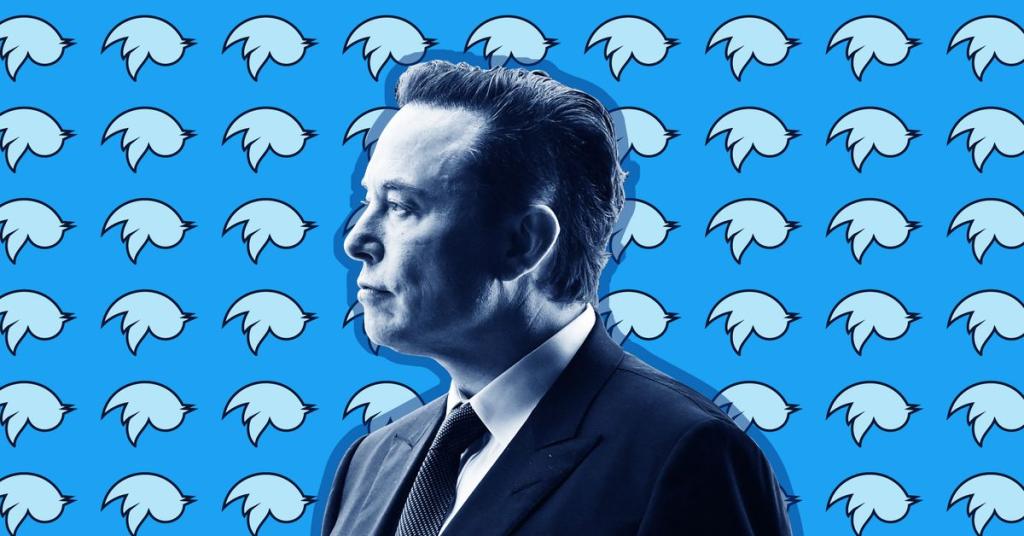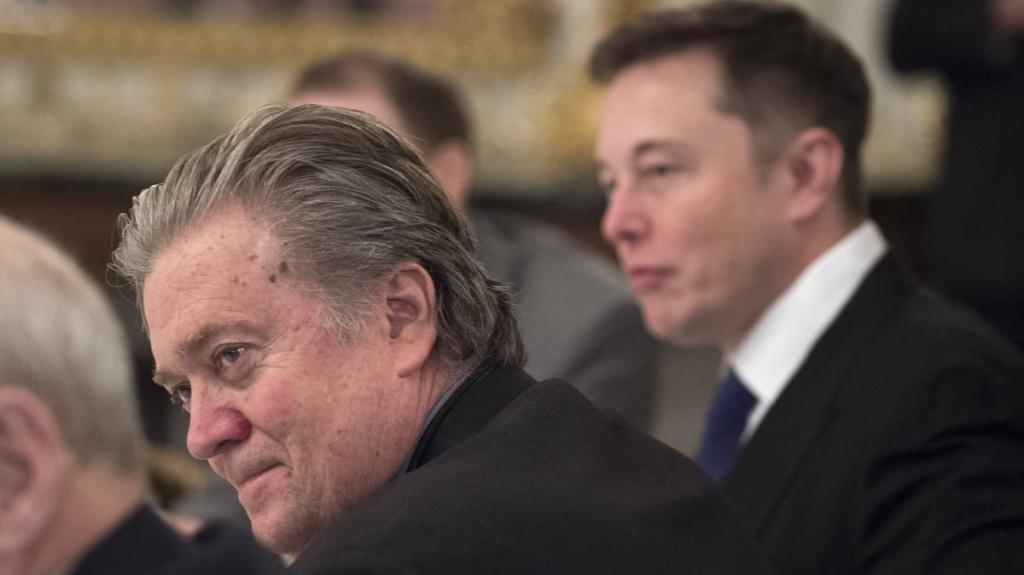Elon Musk's Starlink Faces Legal Clash with Brazil's Supreme Court
Elon Musk's Starlink faces a legal showdown with Brazil's Supreme Court, raising critical questions about censorship and the accountability of tech giants.

Key Points
- Brazil's Supreme Court has frozen Starlink
's accounts to enforce compliance with local laws governing social media operations.
- Elon Musk
's public feud with Justice
Alexandre de Moraeshighlights ongoing tensions between tech companies and regulatory authorities over censorship and accountability.
- The legal conflict underscores the critical need for international firms to adhere to local regulations, particularly during politically charged events.
In recent weeks, a significant legal conflict has unfolded in Brazil, involving tech tycoon Elon Musk, his satellite internet company Starlink, and the social media platform X (formerly known as
). The Brazilian Supreme Court, led by Justice Alexandre de Moraes, has taken a strong stance that has led to the freezing of Starlink’s financial accounts in the country. This dramatic turn of events is not simply a corporate tussle; it’s a clash over censorship, legal representation, and jurisdiction in the age of digital media.
The core issue at hand involves demands from the Brazilian court for X to comply with local laws that govern its operations. Justice Moraes has asserted that X must appoint a legal representative within Brazil, a requirement the company has neglected to fulfill. As a form of enforcement, the court has now directed sanctions against its partner, Starlink, leveraging its financial operations to compel compliance. This situation raises essential questions regarding accountability and freedom of expression in a democratic society.

Starlink's involvement in this situation stems from the close operational ties between it and X, both entities under Musk’s ownership. Justice Moraes labeled them as part of the same economic group, citing that sanctions against Starlink are justifiable in collecting fines imposed on X for failing to comply with the court’s orders.
The Escalating Tensions
The battle between Musk and Moraes escalated after the court ordered X to block specific accounts accused of spreading misinformation during Brazil's politically charged environment prior to the upcoming elections. Despite the legal threats, Musk publicly criticized Moraes, calling him names such as “tyrant” and suggesting that the court's actions were tantamount to censorship.
Elon Musk's criticism reflects a broader sentiment among tech leaders who often view regulatory frameworks as impediments to innovation and free expression. Yet, in Brazil, the demand for accountability from social media platforms has grown amid rising concerns over misinformation and its implications for democracy.
Legal Implications and Responsibility
The situation raises important legal implications regarding the operations of foreign companies in a sovereign nation. Brazilian law requires that social media platforms maintain a legal representative within the country. Failure to comply not only results in financial sanctions but could potentially lead to the suspension of operations altogether. This is a key point that must not be overlooked by international firms operating across borders.
X, initially stepping away from Brazil amid these tensions, stated it was closing its offices due to the court's supposed threats against its employees. The platform's exit illustrates a critical moment where technology meets governance, showcasing how legal frameworks can directly influence business operations and user engagement in digital platforms.
Impacts on Users and Future of Digital Media
For Brazilian users, the unfolding drama has significant implications. As a vital space for political discourse and social interaction, any limitation on X’s operations could alter engagement during a crucial political period. More broadly, the conflict highlights the precarious balance of power between governments and tech companies. As digital platforms increasingly become vital channels for communication, the call for regulation has intensified.
Moreover, the situation encourages a re-examination of the responsibilities that come with social media management. Ensuring compliance with local regulations is not just a legal obligation, it’s also a pathway to ensuring user trust and maintaining market presence.
The current case in Brazil serves as a cautionary tale for companies that may underestimate the importance of adhering to local laws. As the repercussions unfold, it remains to be seen how this face-off will shape the relationship between government regulations and tech giants in a landscape that is rapidly evolving.
In summary, the legal confrontation between Musk's companies and the Brazilian Supreme Court exemplifies the ongoing struggle between digital innovation and regulatory oversight. It underscores the necessity for international companies to recognize and adapt to local regulations while participating in the varied political and social contexts of the markets they operate in. As this situation continues to develop, all eyes will be on both the court's ruling and the eventual responses from Musk and his enterprises. This evolution may well redefine how tech giants approach governance and compliance in the future.


